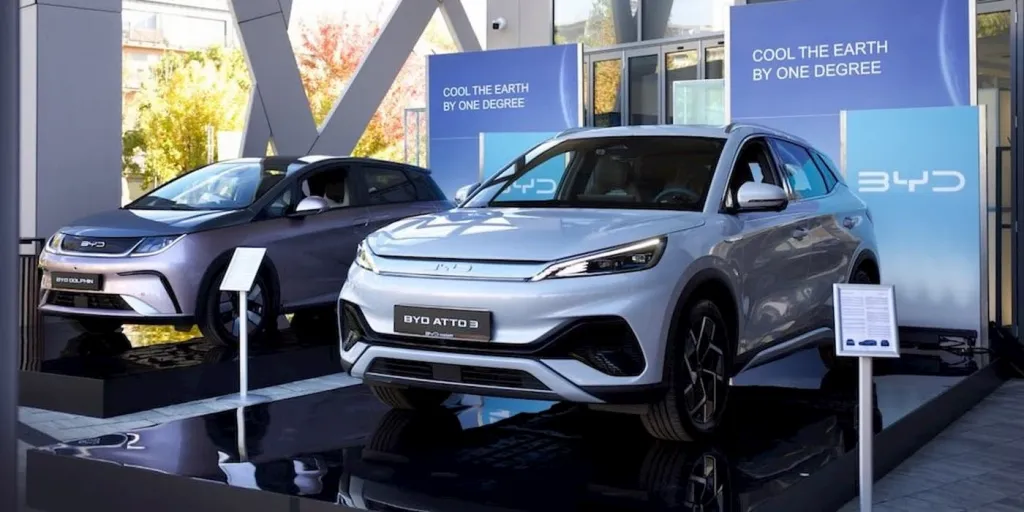The Chinese EV giant has issued two separate recalls following an investigation in its home market. With over 115,000 electric and plug-in hybrid vehicles impacted, this is BYD’s largest recall yet.
BYD issues record recall impacting EVs and PHEVs
BYD filed a recall plan with the State Administration for Market Regulation on Friday, October 17, citing design and battery component defects.
The filing included two separate recalls affecting more than 115,000 Tang plug-in hybrid (PHEV) and Yuan Pro electric vehicles.
Effective immediately, the first includes 44,535 Tang series models, produced between March 28, 2015, and July 28, 2017. BYD said the recall is due to component design issues, which can cause the drive motor controller to malfunction, and in extreme cases, fry the circuit board.
The second recall included 71,248 Yuan Pro EV models, produced between February 6, 2021, and August 5, 2022.
Due to manufacturing issues, some vehicles may have insufficient sealing, which can allow water to enter the battery.


BYD said it will fix the issue at the dealership, using a special sealant to reinforce the battery housing of recalled Yuan Pro vehicles, free of charge.
The Yuan Pro has been replaced with the compact Yuan Up, which went on sale in China in February 2024. It sits below the Yuan Plus, sold as the Atto 3 overseas.

The recall follows an investigation by the Chinese State Administration for Market Regulation. BYD has issued several major recalls in the past, including nearly 100,000 Dolphin and Yuan Plus EVs last September, but this is the automaker’s largest to date. BYD also recalled 6,843 plug-in hybrid SUVs under its Fang Cheng Bao brand in January.

BYD’s explosive sales growth propelled it past Volkswagen to become the best-selling automaker in China last year. Although aggressive price cuts helped fuel BYD’s run, they sparked a price war in China, prompting the company to look to overseas markets like Europe and Southeast Asia to sustain growth.
In the first nine months of 2025, nearly nine million battery electric (BEV) and plug-in hybrid (PHEV) vehicles were sold in China, solidifying it as the world’s largest EV market.
Meanwhile, BYD’s monthly sales fell in September for the first time since February 2024 as smaller domestic rivals like Geely, Xiaomi, and XPeng gained market share.
Source: Bloomberg, China State Administration for Market Regulation


FTC: We use income earning auto affiliate links. More.


![California’s Helix water district gets state-of-the-art managed charging [Q&A] California’s Helix water district gets state-of-the-art managed charging [Q&A]](https://i0.wp.com/electrek.co/wp-content/uploads/sites/3/2026/02/helix-water_MAIN.jpg?resize=1200%2C628&quality=82&strip=all&ssl=1)





